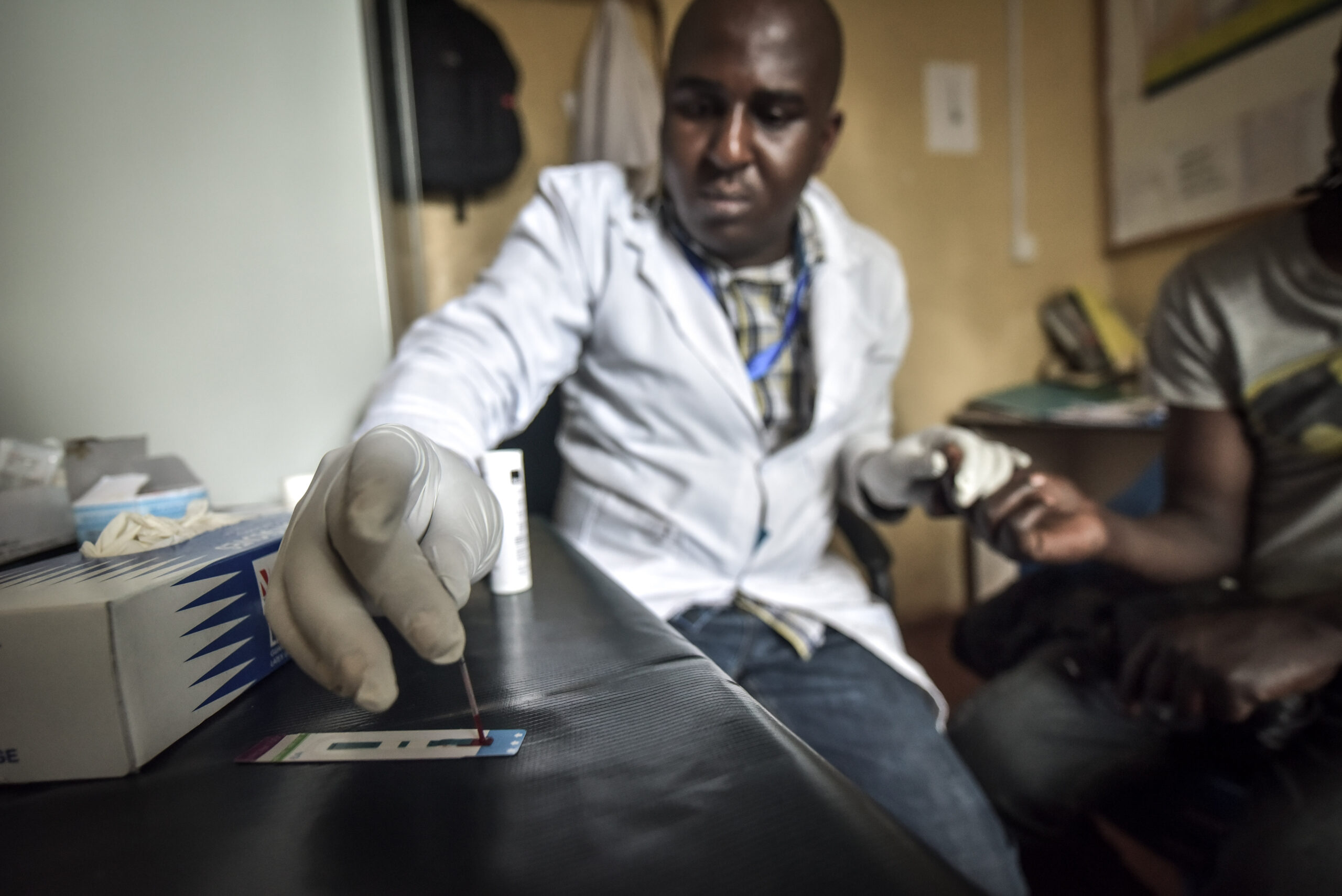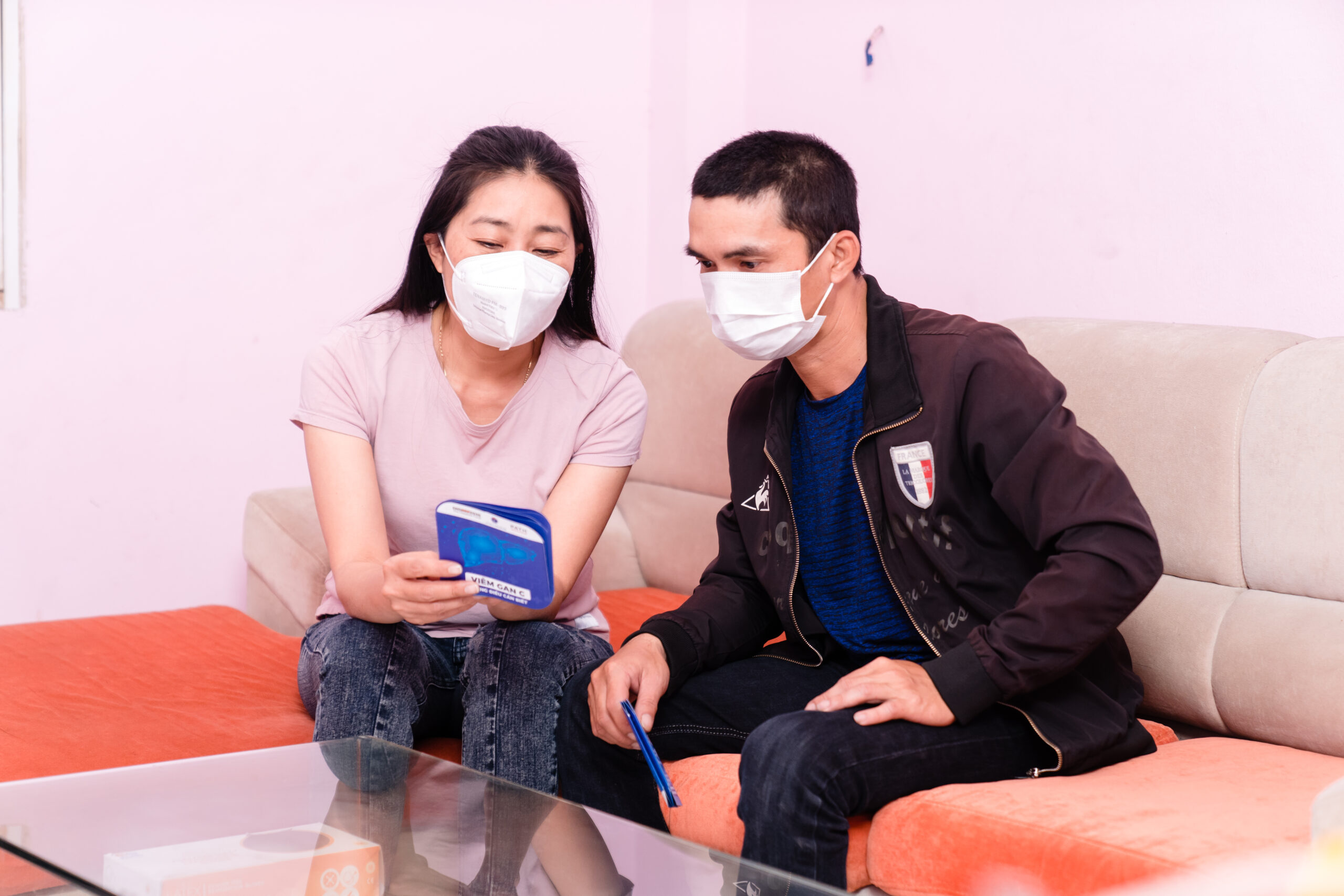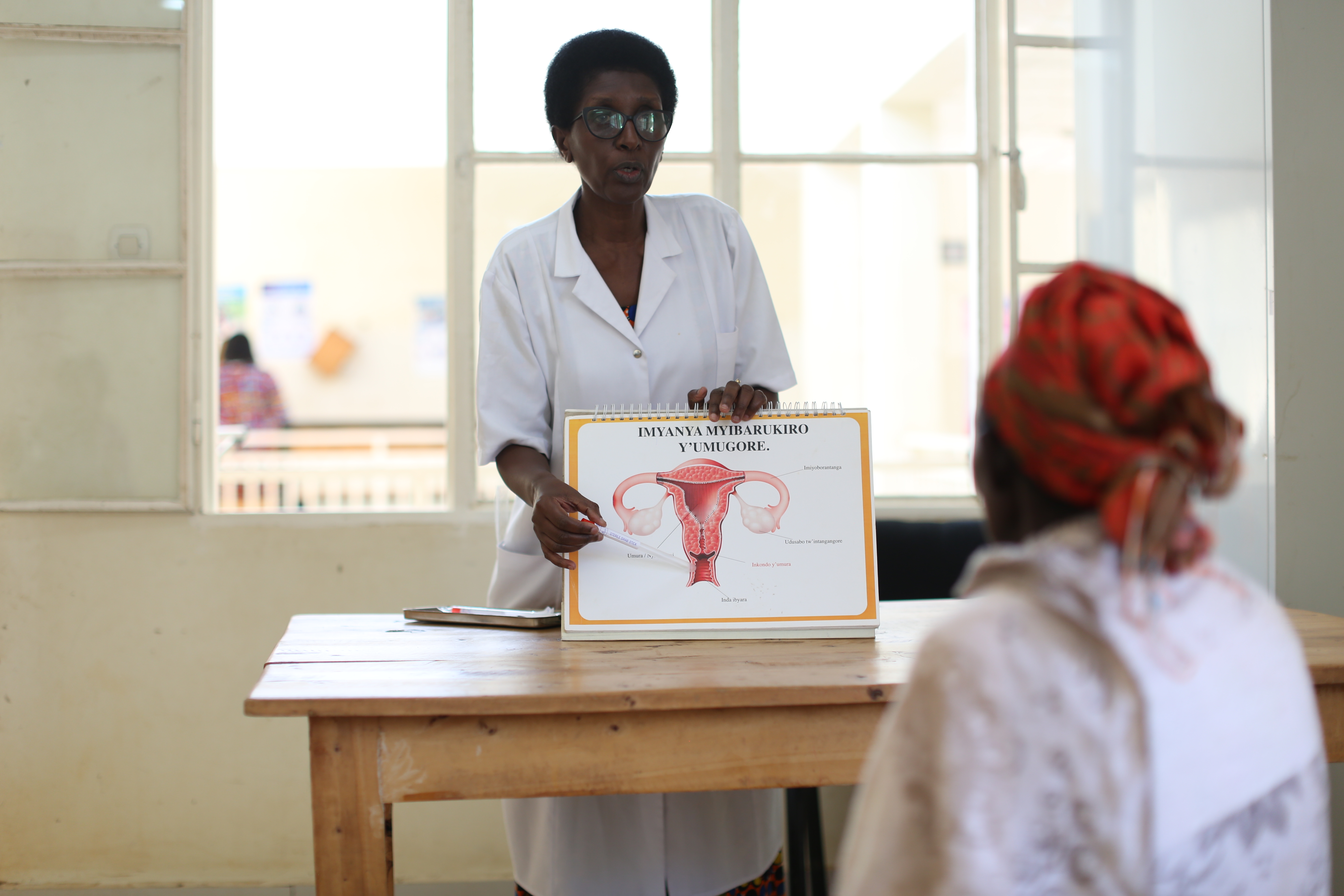The problem
Nearly all children who are born HIV positive are infected during childbirth through the preventable transmission of the virus from mother to child. Without access to prevention in the form of antiretroviral therapy (ART) during pregnancy, infants have a one-in-three chance of being infected. But, if tested early for HIV, pregnant women living with HIV can protect their unborn child through a set of integrated interventions aimed at the preventing vertical transmission of HIV.
Download the project evaluation
Our solution
At the time, we were the largest funder of integrated programs for preventing mother-to-child HIV transmission, with testing, antiretroviral treatment, medicines to cure opportunistic infections, and ready-to-use therapeutic foods for mothers and children.
The project contributed to increased availability and supply of high-quality HIV medicines, especially pediatric antiretrovirals, as well as diagnostics and related commodities. This enabled countries to expand the coverage of programs aimed at preventing mother-to-child HIV transmission and increase the number of women and infants benefiting from these interventions. The cost of some ARVs came down as a result of increased production and demand. Nutrition interventions were successfully integrated in prevention of mother-to-child transmission programs and HIV care and showed to improve maternal and child health. New suppliers of therapeutic food products for mothers with HIV and children also entered the global market.




